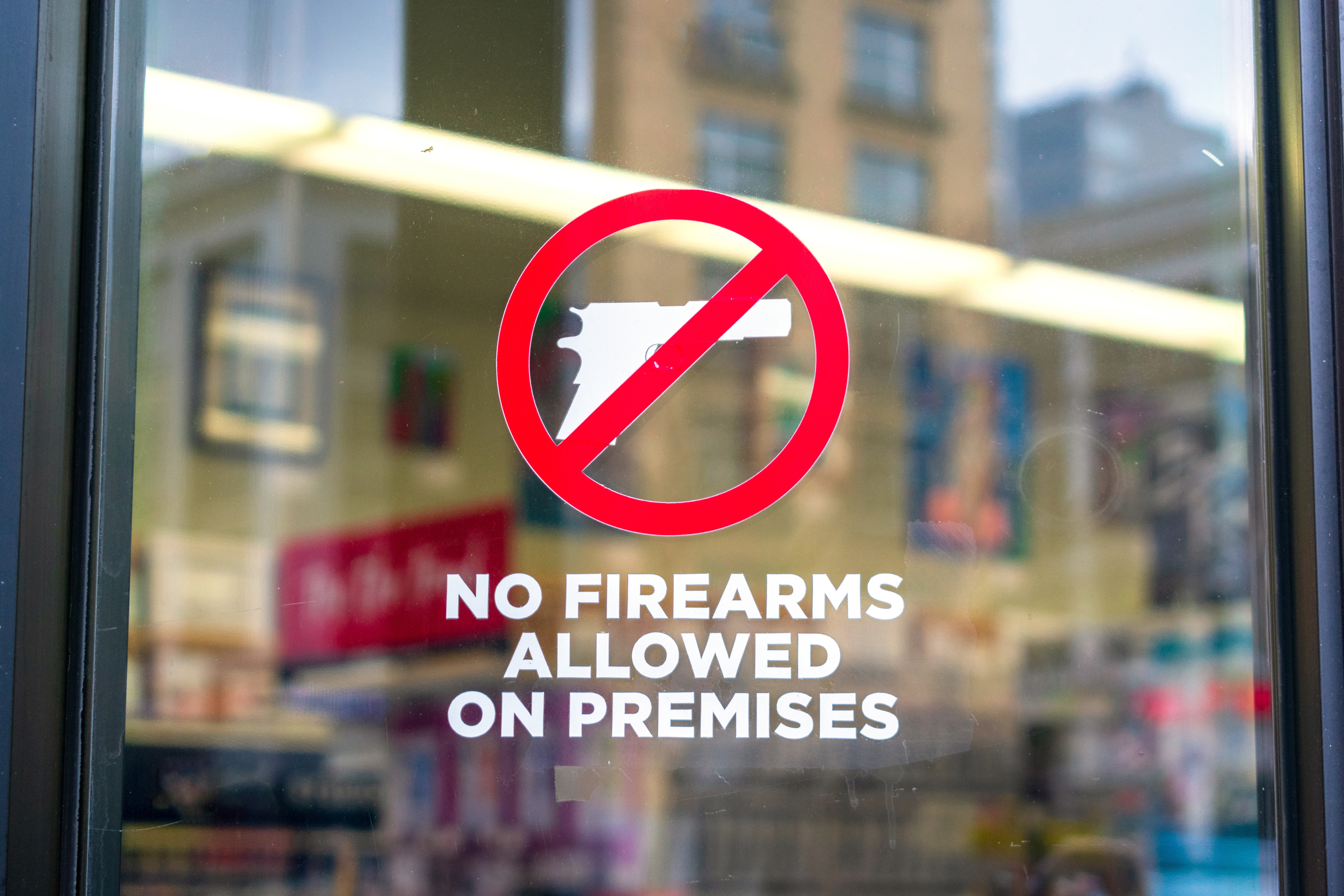
Some state lawmakers are looking to allow students at public colleges and universities in Tennessee to carry firearms on campus.
The bill (SB 2288/ HB 2102) would amend Tennessee’s current law, passed in 2017, which allows full-time employees with permits to carry a concealed firearm on campus, to include students.
The bill is sponsored in the House by Rep. Rush Bricken and in the Senate by Sen. Janice Bowling, both Republicans from Tullahoma. Neither lawmaker responded to the Flyer’s requests for comment.
The current law allows authorized full-time employees to carry on campus, but they are prohibited from carrying a firearm in plain sight, to university sponsored events, disciplinary or tenure meetings, or the university medical clinic.
Tennessee is one of 10 states that currently allows the carrying of concealed weapons on campuses in some form or another.
The other states include Arkansas, Colorado, Georgia, Idaho, Kansas, Mississippi, Oregon, Texas, Utah, and Wisconsin.
In some of those states, students must be 21 years old to carry a gun on campus. The draft of Tennessee’s proposed bill does not include an age provision.
[pdf-1]
The debate on whether or not states should create laws that allow guns on campus has been going since 2008, when the National Rifle Association began pushing the issue.
This push was largely prompted by mass shootings at Virginia Tech and Northern Illinois University that resulted in a total of 37 deaths.
Research from universities and higher education boards across the country suggests that allowing students to carry guns on campus could have more adverse than positive effects.
For example, the Houston Community College Board of Trustees passed a resolution in 2011, urging lawmakers to vote against the bill allowing concealed firearms on campus. The resolution cited the possible increase in liability insurance cost, which they estimated could be between $780,000 to $900,000 per year.
[pullquote-1]
Richard Locker, director of communications for the chancellor’s office of The College System of Tennessee, said its governing board, the Tennessee Board of Regents (TBR), has not yet discussed what the implications of the law could be, but said “the safety of our students is always our top priority.”
There are 40 colleges in the TBR system, including the Tennessee College of Applied Technology Memphis campus and Southwest Community College in Memphis.
Sen. Sara Kyle (D-Memphis), who is sponsoring a handful of gun control bills this legislative session, opposes the bill and any effort that would put more guns on college campuses.
“My goal is to eliminate gun violence,” Kyle said, “Evidence shows that adding guns to a college campus will only increase the number of accidental shootings, gun suicides, and gun homicides.”
Kat McRitchie, volunteer lead for the Tennessee chapter of Moms Demand Action agrees, saying that allowing students to carry guns on campus is a “bad, dangerous idea.”
“Anyone who has been on a college campus or is familiar with college life, knows that life is full of risk factors,” McRitchie said. “We see increased alcohol and drug use and high rates of mental health issues. College students are still growing and developing.This makes the presence of guns a dangerous addition.”
Like Kyle, Moms Demand Action fears the law could lead to an increase in unintentional shootings and suicide by firearms on campuses.
According to research compiled by Everytown for Gun Safety, the firearm suicide rate among youth has increased by 82 percent over the past decade. Access to firearms increases the risk of suicide by three times.
[pullquote-1]
In other states, those who support laws allowing students to carry, have argued that the presence of legal firearms on campus could prevent mass shootings or other devastating acts of mass violence.
But, McRitchie believes that “the daily risk of unintentional shootings and suicide are greater, real risks than the risk of mass shootings.”
McRitchie adds that most campuses have trained law enforcement officers with firearms present on campus who are equipped to handle mass acts of violence.
A study published in the Journal of American College Health showed that 89 percent of university police chiefs agreed that the most effective way to deal with gun violence on campus is to prevent gun use or carry on campus. Based on this survey of 417 police chiefs, the study also concluded that the majority of universities had a plan in place to handle an active shooter incident on campus.
“Fear is driving this movement,” McRitchie said. “But college campuses are relatively safe. This would be introducing risks that aren’t necessary.”